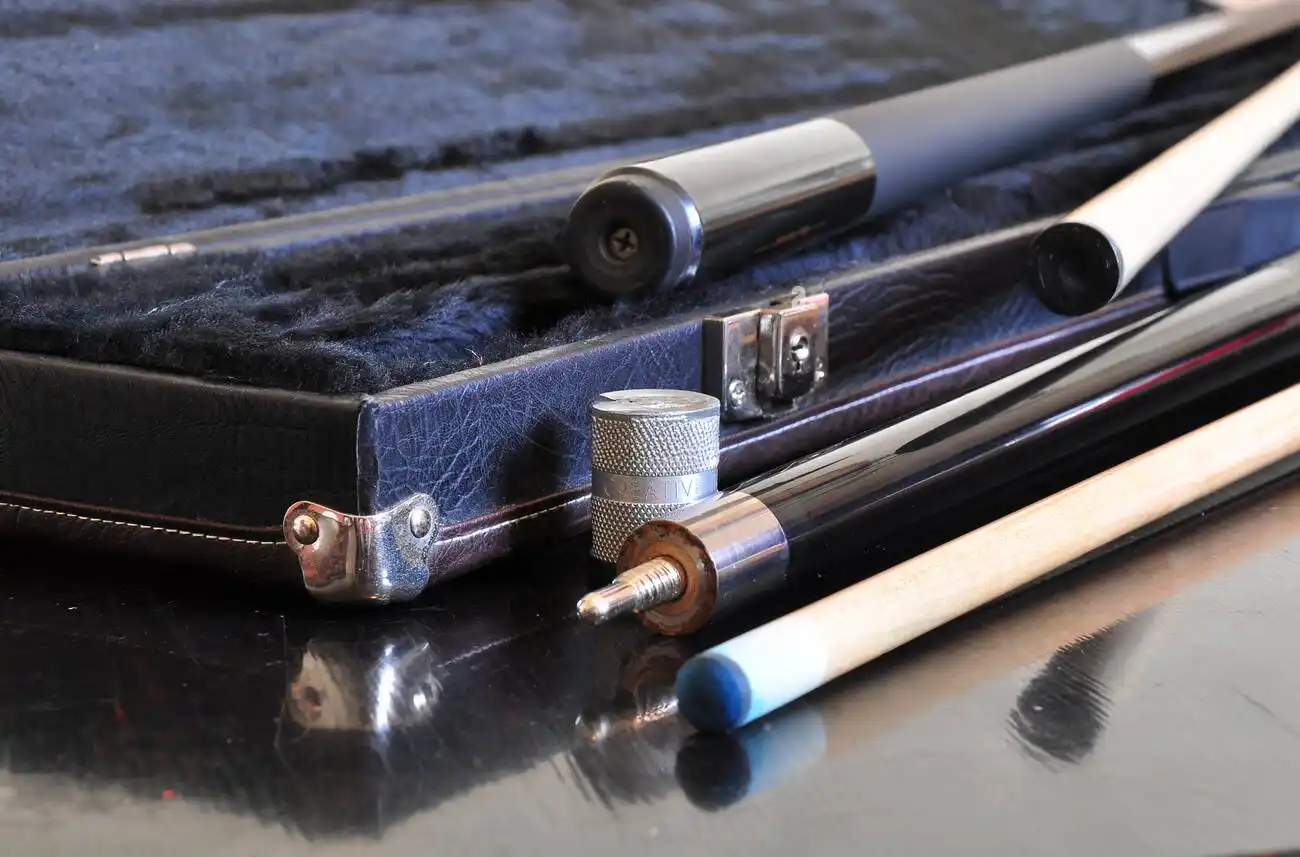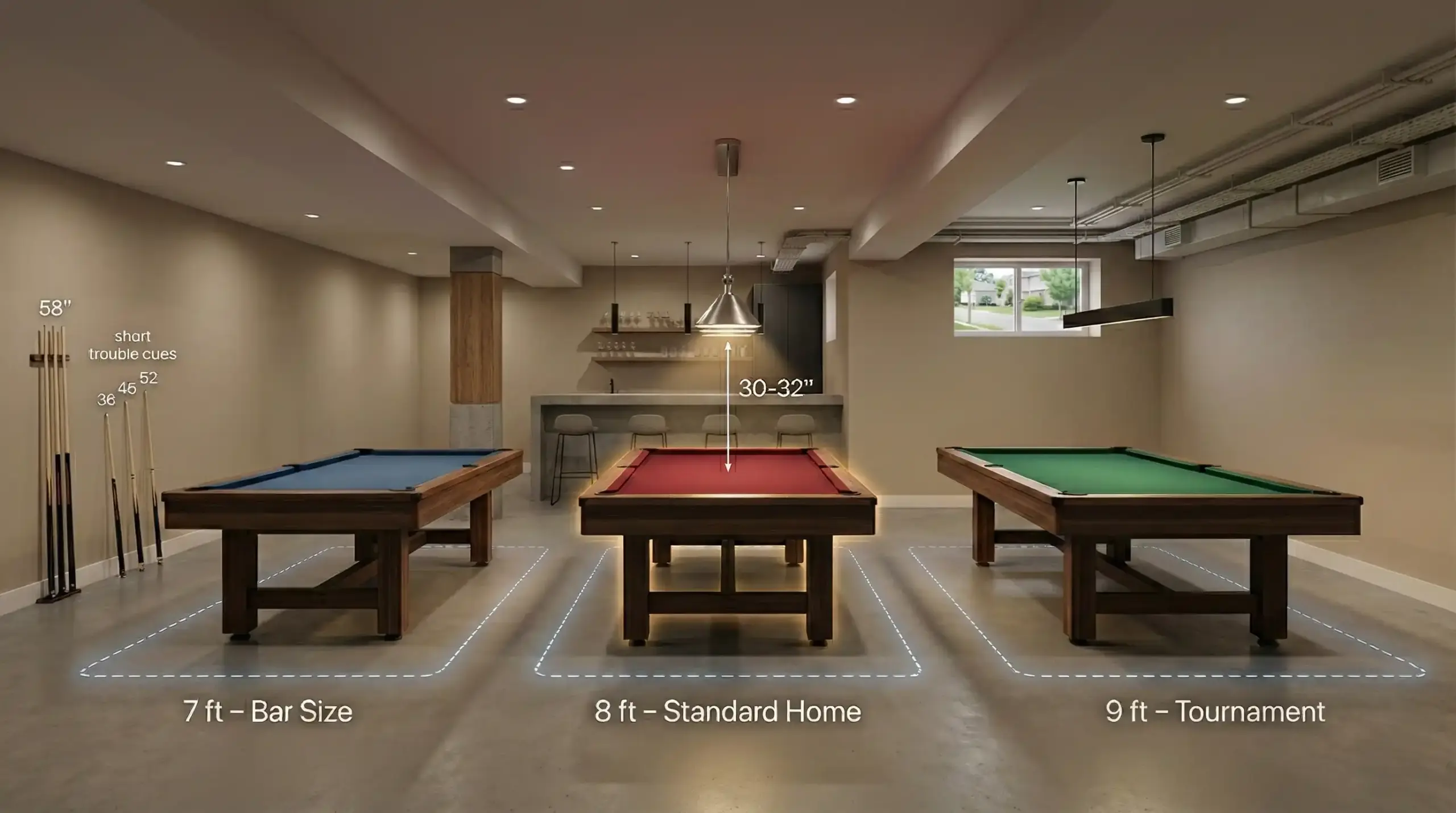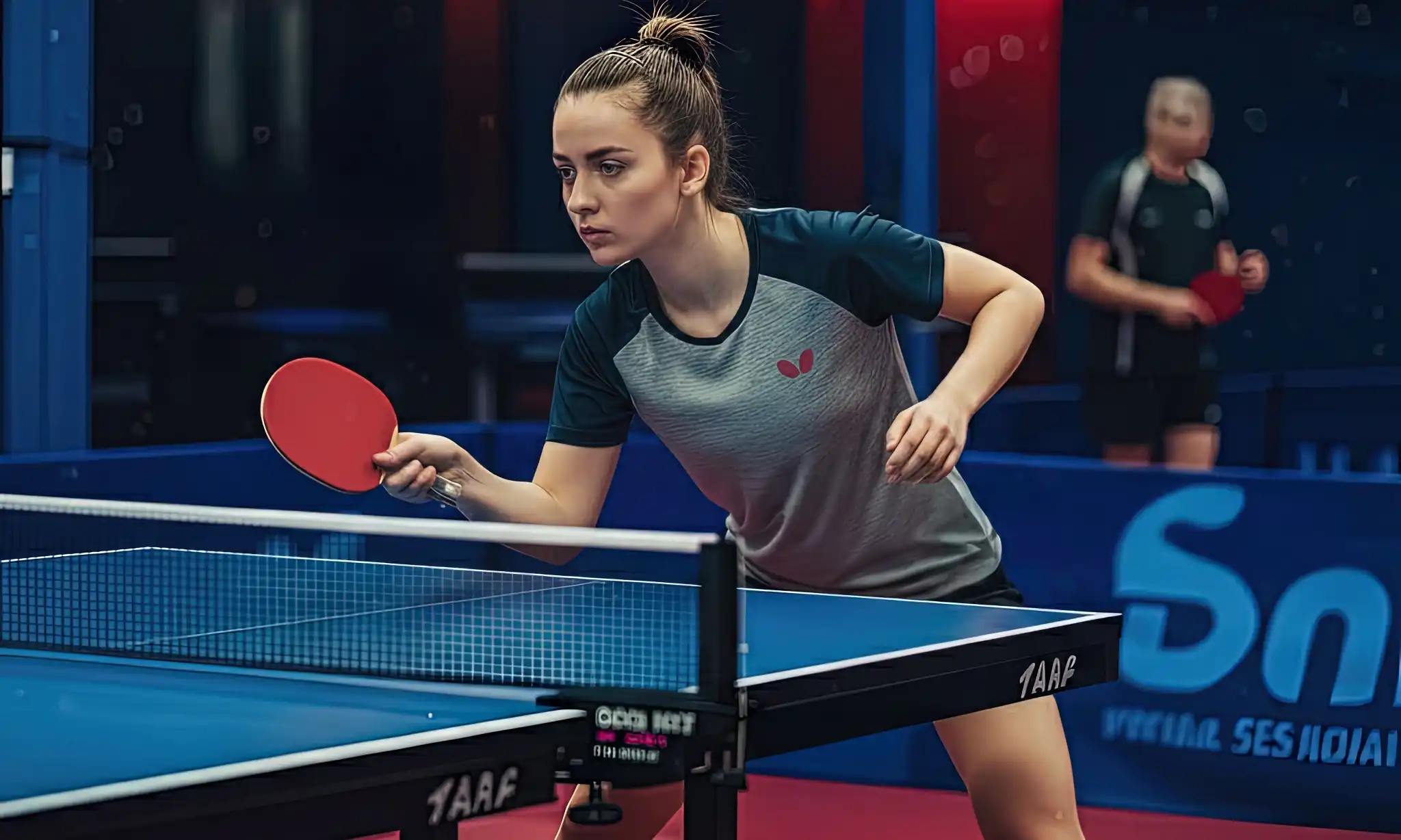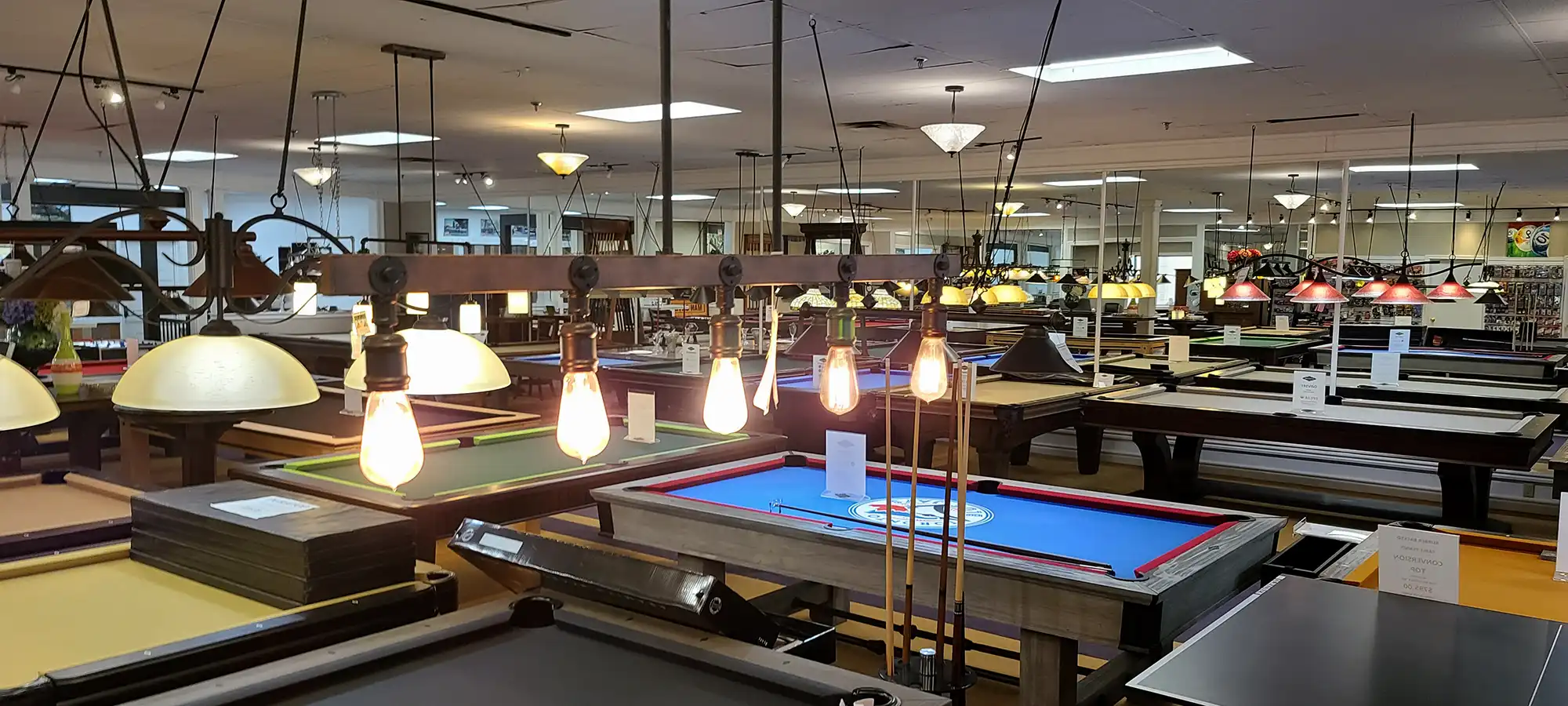Protecting your pool cue is essential, whether you’re a casual player or a seasoned competitor. A quality case shields your investment from damage during transport and storage, helping maintain its straightness and performance. But with various pool cue cases available online, choosing between soft and hard options can be confusing. This guide offers pool cue cases compared, examining soft vs. hard options based on protection, portability, cost, and other key factors to help you make an informed decision. Understanding the differences is the first step toward ensuring your cue gets the care it deserves.
Understanding Soft vs. Hard Pool Cue Cases
The fundamental difference lies in their construction and the level of pool cue protection they offer.
Soft Pool Cue Cases Explained
Think of soft pool cue cases like flexible backpacks for your cues.
- Materials: Typically made from pliable materials like canvas, leather, nylon, or vinyl, often with a thin padded lining. Nylon cue cases and vinyl cue cases are common due to their light weight.
- Structure: Lack a rigid structure, allowing them to be folded or rolled when empty.
- Protection: Offer basic protection, keeping shaft and butt separate to prevent scratches, but provide limited defense against impacts or bending.
- Styles: Common types include tube-style cases and “butterfly cases” that zip open fully for easy access. Various configurations exist (e.g., two-piece, four-piece, backpack-style).
Hard Pool Cue Cases Explained
Hard pool cue cases are engineered for maximum defense.
- Materials: Constructed from rigid, hard-shell materials like ABS plastic cue cases or aluminum cue cases for superior cue case durability.
- Structure: Feature a rigid internal structure, often with internal tubes or foam padding (like in a “box case”) to hold cues securely and prevent movement. Cannot be folded.
- Protection: Provide robust protection against impacts, breakage, and warping. Many have velvety linings and dividers.
- Access: Typically open at the top, offering more security but less visual display than butterfly soft cases.
Advantages of Soft Pool Cue Cases
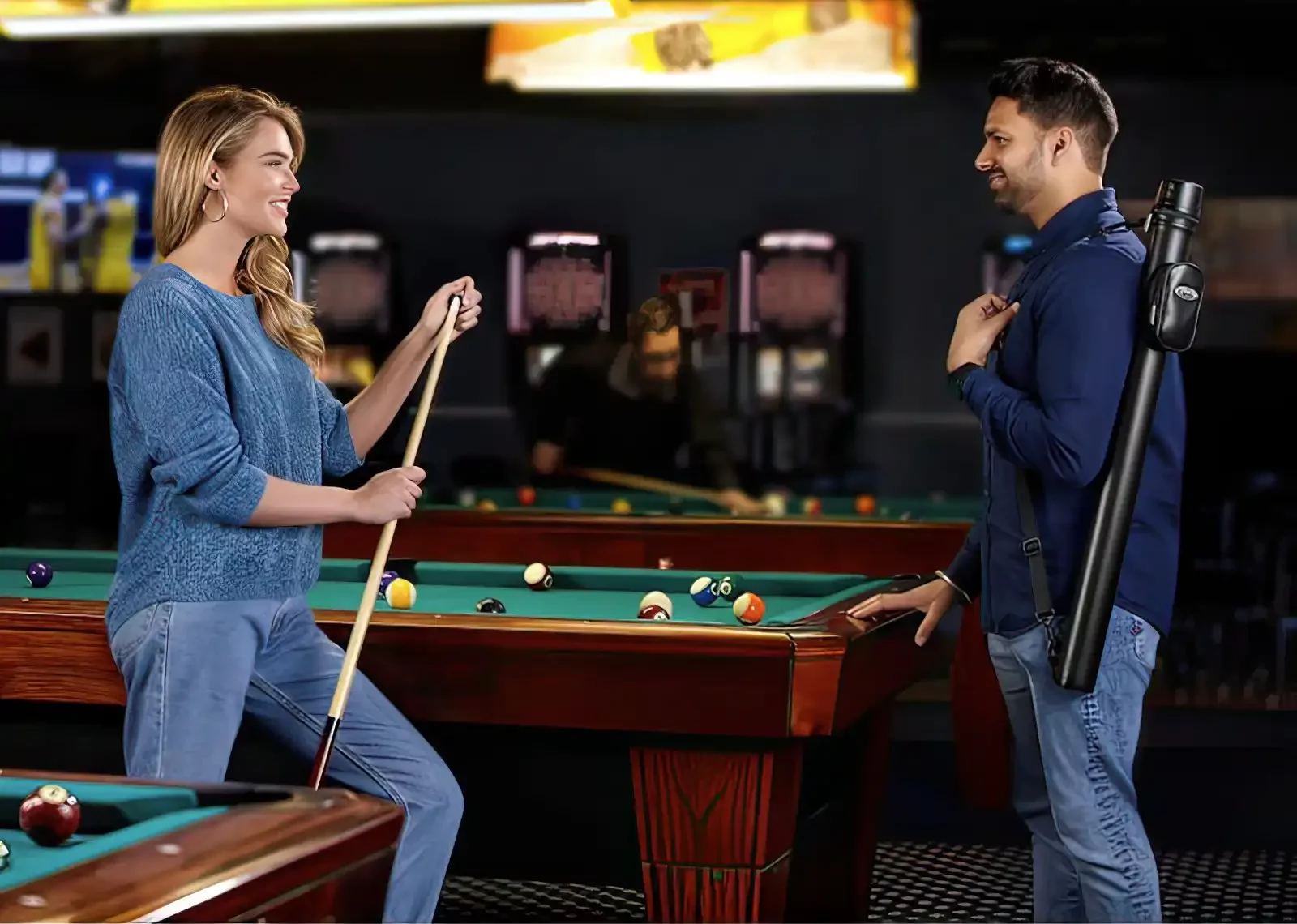
Soft pool cue cases shine in specific areas, making them a popular choice for many players.
Cue Case Portability and Weight
- Lightweight: Generally weigh only a couple of pounds, making them significantly easier to carry than hard cases. This is a major benefit for cue case portability.
- Easy Handling: Flexibility and adjustable straps enhance carrying comfort, even with multiple cues. The reduced cue case weight is ideal for casual players or air travel.
Ease of Storage and Cost
- Compact Storage: Can be folded, rolled, or stacked when empty, requiring minimal cue case storage space.
- Affordability: Typically represent a lower cue case cost, making them budget-friendly for beginners or those needing basic protection.
Other Benefits
- Easy Cleaning: Materials like vinyl are often easy to wipe clean.
- Accessibility: Butterfly-style cases offer easy access, and many have pockets for accessories.
Disadvantages of Soft Pool Cue Cases
The flexibility of soft cases also comes with drawbacks.
Limited Pool Cue Protection
- Impact Susceptibility: Offer less protection against significant impacts, drops, or crushing forces compared to hard cases.
- Scratching/Scuffing: Cues are more vulnerable to scratches without a rigid structure.
- Warping Risk: Provide less support against bending or warping, especially in extreme temperatures (like a hot car).
Capacity and Durability Concerns
- Smaller Capacity: Generally offer less cue case capacity for multiple cues and fewer/smaller accessory pockets compared to hard cases.
- Lower Durability: Materials are more prone to wear and tear over time compared to the robust construction of hard cases.
Advantages of Hard Pool Cue Cases
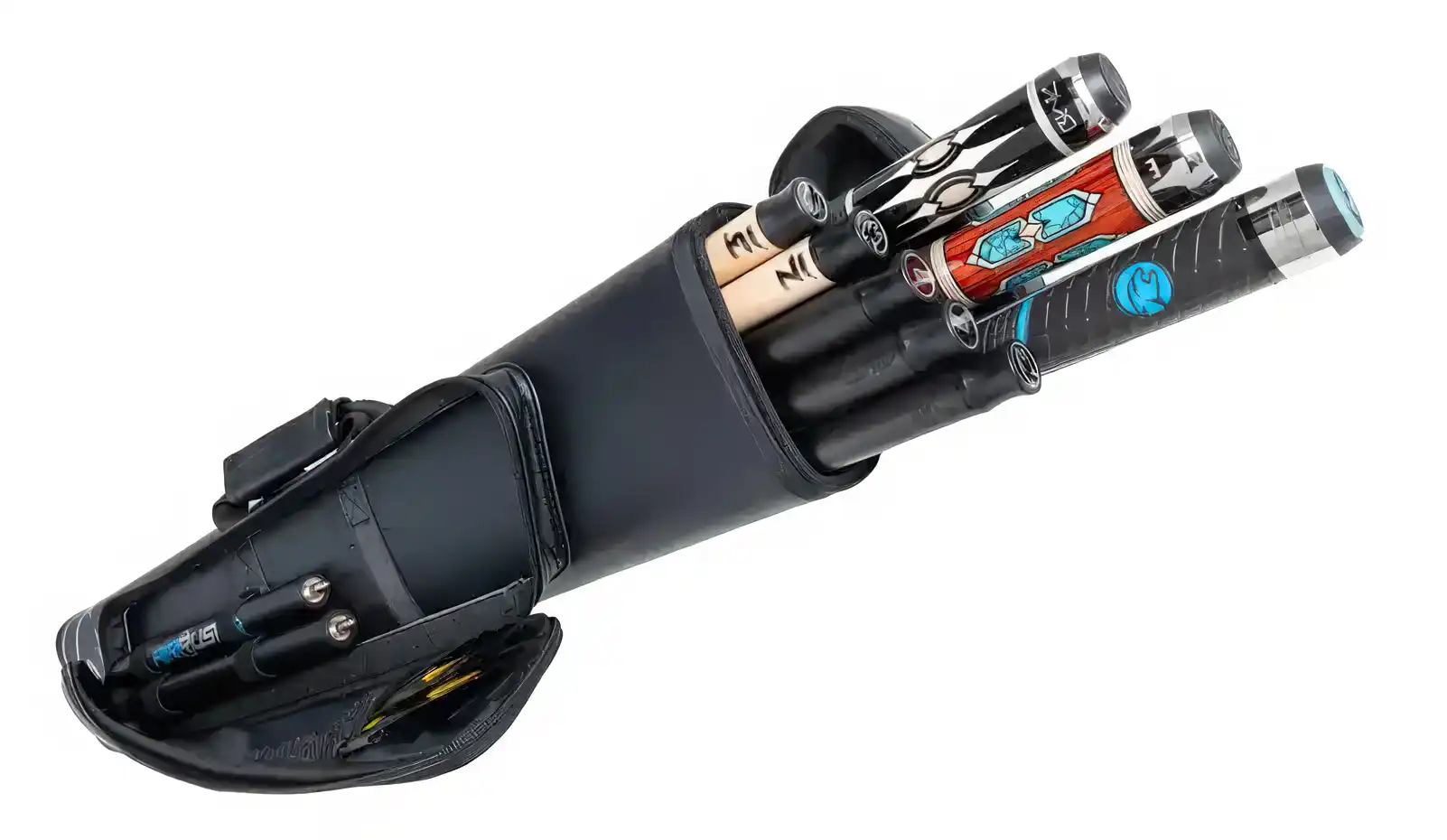
For players prioritizing safety, hard pool cue cases offer significant benefits.
Superior Pool Cue Protection and Durability
- Impact Resistance: The rigid shell provides exceptional defense against drops, impacts, and pressure, preventing breaks and bends. This is the core hard cue case advantage.
- Warp Prevention: The rigid structure offers better protection against cue warping caused by environmental factors.
- Longevity: Built with durable materials like ABS plastic or aluminum, ensuring a longer lifespan. Excellent cue case durability.
Cue Case Storage Capacity and Security
- Larger Capacity: Often designed to hold multiple cues (playing, break, jump) and offer more/larger pockets for accessories, improving cue case storage options.
- Enhanced Security: Top-opening design offers more privacy, and some models feature lockable latches.
Disadvantages of Hard Pool Cue Cases
The robust nature of hard cases introduces some trade-offs.
Weight, Bulk, and Storage Challenges
- Heavier: Significantly heavier than soft cases (potentially 10-15 lbs loaded), reducing cue case portability.
- Bulkier: Can be more cumbersome to carry and store due to their rigid shape and size. Difficult cue case storage is a common hard cue case disadvantage.
Cost and Potential Limitations
- Higher Cost: Generally more expensive due to materials and construction, increasing the overall cue case cost.
- Tube Damage/Fit: Internal tubes can potentially be damaged, rendering the case less effective. Rigid molds might not fit non-standard cues.
- Less Accessibility: Top-loading design is less “presentational” than a butterfly soft case.
Key Differences: Soft vs. Hard Pool Cue Cases Compared
| Feature | Soft Pool Cue Case | Hard Pool Cue Case |
| Protection | Basic (scratches, minor bumps) | Superior (impacts, bending, warping) |
| Portability | High (lightweight, flexible) | Lower (heavier, bulkier) |
| Durability | Lower | Higher |
| Cost | Lower | Higher |
| Storage (Empty) | Easy (foldable/rollable) | Difficult (rigid, takes more space) |
| Capacity | Generally Lower | Generally Higher |
| Warping Risk | Higher | Lower |
FAQ
What is the main advantage of a hard pool cue case?
- The main advantage of a hard pool cue case is its superior pool cue protection. Its rigid construction offers excellent defense against impacts, drops, bending, and warping, making it ideal for valuable cues or frequent travel.
Are soft pool cue cases good for beginners?
- Yes, soft pool cue cases can be a good option for beginners or casual players. They offer basic protection at a lower cue case cost and excel in cue case portability due to their lighter weight. However, they provide less protection against significant damage compared to hard cases.
Which type of case offers better cue case storage for accessories?
- Hard pool cue cases generally offer better cue case storage options, often featuring more and larger pockets designed to hold accessories like chalk, tip tools, and even extra shafts compared to most soft pool cue cases.
Conclusion: Choosing the Right Pool Cue Case for You
Ultimately, the choice between soft pool cue cases and hard pool cue cases depends on your individual needs and priorities. If maximum pool cue protection and cue case durability are paramount, especially for valuable cues or frequent travel, a hard case is the superior investment despite its higher cue case cost and lower cue case portability. If you prioritize lightweight carrying, easy cue case storage, and affordability for casual play or short trips, a soft case offers a practical solution. Consider your playing habits, travel frequency, budget, and how many pool cues you need to carry when selecting from the many pool cue cases available from online pool cue retailers.
For expert advice on selecting the perfect pool cue case for your needs, contact Pool Table Store today.

